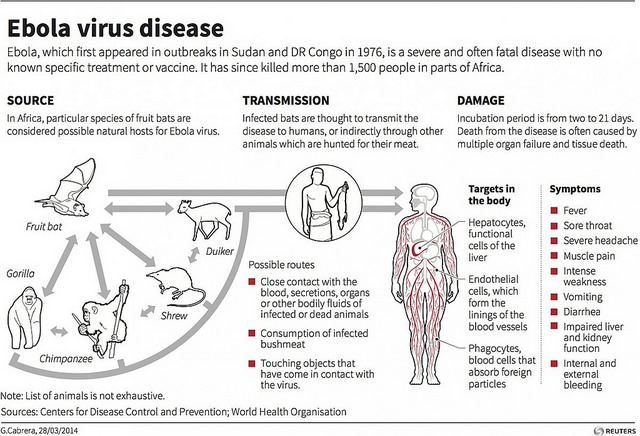This history goes all the way back to the Immigration Act of 1891, which explicitly excluded from entry all “persons suffering from a loathsome or dangerous contagious disease.” It is no coincidence that this law was enacted at the same time as eugenics theories became popular in the U.S. Public health was used to deem people fit or unfit for admission and citizenship, as it became a convenient excuse to justify discriminatory immigration policies. Lawmakers created new disease categories such as “poor physique,” “presenility,” and “low vitality” as an effective proxy to regulate immigrants on the basis of racial and religious differences.
Public health measures like quarantine, surveillance, and behavior control have historically targeted people who are already disadvantaged, especially immigrants, the poor, people of color, and other marginalized groups. For example, gays and lesbians were inadmissible to the U.S from 1917 until 1990 because they were considered to be “defective” or “deviant.” Even harsher measures were taken against Haitian refugees who tested positive for HIV in the early 1990s: they were imprisoned at the naval base at Guantanamo Bay. During the SARS epidemic in 2003, Chinatown in New York City was identified as a site of contagion even though no actual SARS case was identified. Conservatives are now blaming the recent arrival of Central American minor refugees for spreading diseases such as leprosy or tuberculosis, regardless of the fact that many of these children have developed illnesses as a result of their prolonged detention in unsanitary U.S. jails. With this disturbing history in mind, we must be extraordinarily vigilant about calls for visa and travel restrictions, especially those based on racialized public health threats, that so often serve as an attempt to scrutinize, stigmatize, and exclude brown and black bodies before they even come to the United States.
By and large, immigrants—even those from Ebola-affected countries—do not pose a significant health risk to the United States. (The U.S. has even survived an Ebola outbreak previously in Reston, VA.) Existing law adequately screens and renders inadmissible anyone who is deemed “to have a communicable disease of public health significance.” Under current law, foreign nationals who wish to come to the United States generally must obtain a visa and submit to an inspection to be admitted. Intending immigrants must receive standard vaccinations against the following communicable diseases: mumps, measles, rubella, polio, tetanus and diphtheria toxoids, pertussis, influenza type B and hepatitis B. All things considered, intending immigrants to the United States are far better immunized than Americans, and more susceptible to catching diseases from Americans. And rest assured, airline passengers from Ebola-affected countries are now being screened for signs of illness both at their departure and arrival.

However, unlike many diseases on the publicly communicable list, Ebola is actually not highly contagious. The virus is not transmitted through the air, and an average of 1-2 people are infected from each new Ebola patient (compared with measles, which infects an average of 18 people). As a world leader, the United States would send a distressingly bleak message to the rest of the world if it implements a travel ban based upon the latest outbreak of Ebola, instead of making a global commitment to combat this devastating disease. Others have written extensively about the public health reasons why a travel ban would be a bad idea, so there is no need to address them here.
Ebola has had a devastating impact on thousands of families and communities. Instead of spreading fear, our leaders must take a stand against racism and stigma and act out of empathy and humanity. Rather than enacting an travel ban founded on a racist history of exclusion, they must assemble the necessary public health resources to contain this epidemic in West Africa by building hospitals, sending medical teams, treating patients, isolating their contacts, making experimental drugs more widely available, and educating communities about how to protect themselves.
Share this:
- Share on Facebook (Opens in new window) Facebook
- Share on X (Opens in new window) X
- Share on LinkedIn (Opens in new window) LinkedIn
- Share on Tumblr (Opens in new window) Tumblr
- Share on Pocket (Opens in new window) Pocket
- Email a link to a friend (Opens in new window) Email
- Print (Opens in new window) Print
- More
